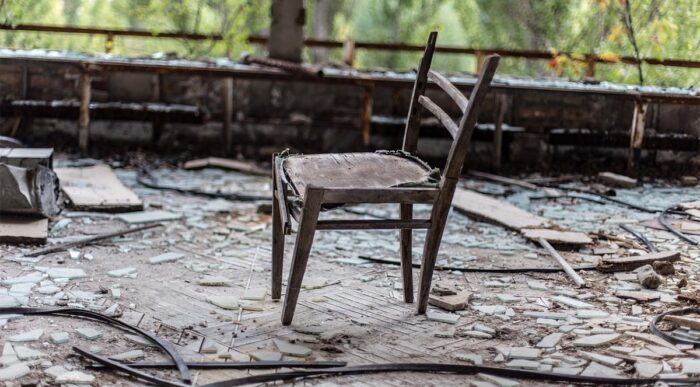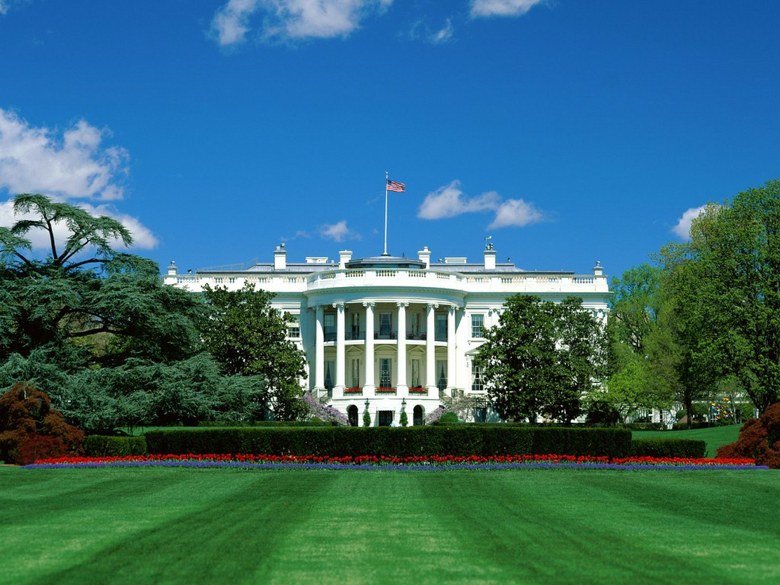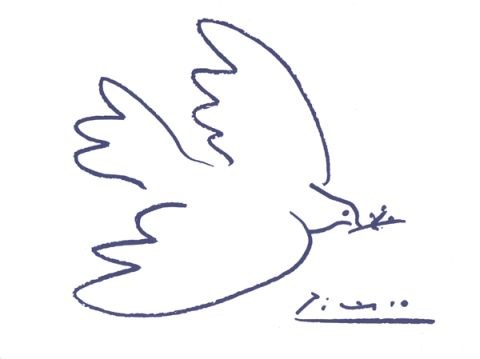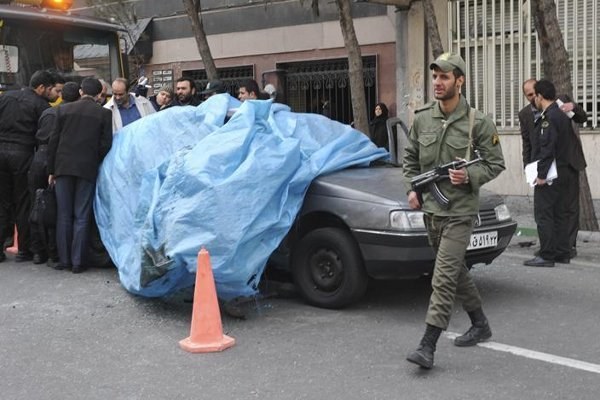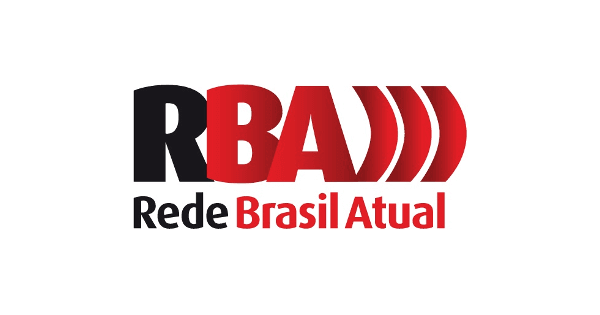Günter Grass: o poema que abalou a Alemanha (e Israel).
Este é o poema que abalou a Alemanha e Israel, levando o governo deste país a declarar o escritor alemão e prêmio Nobel de literatura Gunter Grass persona non grata, […]
Publicado 10/04/2012 - 08h05
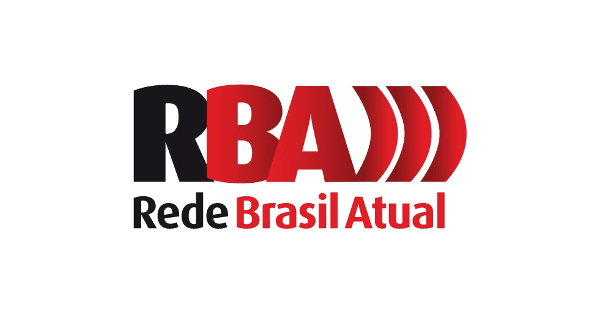
Este é o poema que abalou a Alemanha e Israel, levando o governo deste país a declarar o escritor alemão e prêmio Nobel de literatura Gunter Grass persona non grata, provocando uma polêmica que promete nào ter fim. Em quatro versões (ao final, em português):
Gunter Grass, Premio Nobel de Literatura 1999. En su poema “Lo que hay que decir”, publicado por el diario alemán “Süddeutsche Zeitung”, Grass denuncia el programa atómico de Israel, las amenazas sionistas de bombardear Irán y la venta por Alemania a Israel de submarinos atómicos.
Lo que hay que decir
Gunter Grass
Por qué guardo silencio, demasiado tiempo,
sobre lo que es manifiesto y se utilizaba
en juegos de guerra a cuyo final, supervivientes,
solo acabamos como notas a pie de página.
Es el supuesto derecho a un ataque preventivo
el que podría exterminar al pueblo iraní,
subyugado y conducido al júbilo organizado
por un fanfarrón,
porque en su jurisdicción se sospecha
la fabricación de una bomba atómica.
Pero ¿por qué me prohíbo nombrar
a ese otro país en el que
desde hace años –aunque mantenido en secreto–
se dispone de un creciente potencial nuclear,
fuera de control, ya que
es inaccesible a toda inspección?
El silencio general sobre ese hecho,
al que se ha sometido mi propio silencio,
lo siento como gravosa mentira
y coacción que amenaza castigar
en cuanto no se respeta;
“antisemitismo” se llama la condena.
Ahora, sin embargo, porque mi país,
alcanzado y llamado a capítulo una y otra vez
por crímenes muy propios
sin parangón alguno,
de nuevo y de forma rutinaria, aunque
enseguida calificada de reparación,
va a entregar a Israel otro submarino cuya especialidad
es dirigir ojivas aniquiladoras
hacia donde no se ha probado
la existencia de una sola bomba,
aunque se quiera aportar como prueba el temor…
digo lo que hay que decir.
¿Por qué he callado hasta ahora?
Porque creía que mi origen,
marcado por un estigma imborrable,
me prohibía atribuir ese hecho, como evidente,
al país de Israel, al que estoy unido
y quiero seguir estándolo.
¿Por qué solo ahora lo digo,
envejecido y con mi última tinta:
Israel, potencia nuclear, pone en peligro
una paz mundial ya de por sí quebradiza?
Porque hay que decir
lo que mañana podría ser demasiado tarde,
y porque –suficientemente incriminados como alemanes–
podríamos ser cómplices de un crimen
que es previsible, por lo que nuestra parte de culpa
no podría extinguirse
con ninguna de las excusas habituales.
Lo admito: no sigo callando
porque estoy harto
de la hipocresía de Occidente; cabe esperar además
que muchos se liberen del silencio, exijan
al causante de ese peligro visible que renuncie
al uso de la fuerza e insistan también
en que los gobiernos de ambos países permitan
el control permanente y sin trabas
por una instancia internacional
del potencial nuclear israelí
y de las instalaciones nucleares iraníes.
Sólo así podremos ayudar a todos, israelíes y palestinos,
más aún, a todos los seres humanos que en esa región
ocupada por la demencia
viven enemistados codo con codo,
odiándose mutuamente,
y en definitiva también ayudarnos.
Fuente: El País, 4 de abril de 2012
Traducción de Miguel Sáenz
What Must Be Said
Gunter Grass
Why do I stay silent, conceal for too long
What clearly is and has been
Practiced in war games, at the end of which we as survivors
Are at best footnotes.
It is the alleged right to first strike
That could annihilate the Iranian people–
Enslaved by a loud-mouth
And guided to organized jubilation–
Because in their territory,
It is suspected, a bomb is being built.
Yet why do I forbid myself
To name that other country
In which, for years, even if secretly,
There has been a growing nuclear potential at hand
But beyond control, because no inspection is available?
The universal concealment of these facts,
To which my silence subordinated itself,
I sense as incriminating lies
And force–the punishment is promised
As soon as it is ignored;
The verdict of “anti-Semitism” is familiar.
Now, though, because in my country
Which from time to time has sought and confronted
Its very own crime
That is without compare
In turn on a purely commercial basis, if also
With nimble lips calling it a reparation, declares
A further U-boat should be delivered to Israel,
Whose specialty consists of guiding all-destroying warheads to where the existence
Of a single atomic bomb is unproven,
But as a fear wishes to be conclusive,
I say what must be said.
Why though have I stayed silent until now?
Because I thought my origin,
Afflicted by a stain never to be expunged
Kept the state of Israel, to which I am bound
And wish to stay bound,
From accepting this fact as pronounced truth.
Why do I say only now,
Aged and with my last ink,
That the nuclear power of Israel endangers
The already fragile world peace?
Because it must be said
What even tomorrow may be too late to say;
Also because we–as Germans burdened enough–
Could be the suppliers to a crime
That is foreseeable, wherefore our complicity
Could not be redeemed through any of the usual excuses.
And granted: I am silent no longer
Because I am tired of the hypocrisy
Of the West; in addition to which it is to be hoped
That this will free many from silence,
That they may prompt the perpetrator of the recognized danger
To renounce violence and
Likewise insist
That an unhindered and permanent control
Of the Israeli nuclear potential
And the Iranian nuclear sites
Be authorized through an international agency
By the governments of both countries.
Only this way are all, the Israelis and Palestinians,
Even more, all people, that in this
Region occupied by mania
Live cheek by jowl among enemies,
And also us, to be helped.
Was gesagt werden muss
Gunter Grass
Warum schweige ich, verschweige zu lange,
was offensichtlich ist und in Planspielen
geübt wurde, an deren Ende als Überlebende
wir allenfalls Fußnoten sind.
Es ist das behauptete Recht auf den Erstschlag,
der das von einem Maulhelden unterjochte
und zum organisierten Jubel gelenkte
iranische Volk auslöschen könnte,
weil in dessen Machtbereich der Bau
einer Atombombe vermutet wird.
Doch warum untersage ich mir,
jenes andere Land beim Namen zu nennen,
in dem seit Jahren – wenn auch geheimgehalten –
ein wachsend nukleares Potential verfügbar
aber außer Kontrolle, weil keiner Prüfung
zugänglich ist?
Das allgemeine Verschweigen dieses Tatbestandes,
dem sich mein Schweigen untergeordnet hat,
empfinde ich als belastende Lüge
und Zwang, der Strafe in Aussicht stellt,
sobald er mißachtet wird;
das Verdikt “Antisemitismus” ist geläufig.
Jetzt aber, weil aus meinem Land,
das von ureigenen Verbrechen,
die ohne Vergleich sind,
Mal um Mal eingeholt und zur Rede gestellt wird,
wiederum und rein geschäftsmäßig, wenn auch
mit flinker Lippe als Wiedergutmachung deklariert,
ein weiteres U-Boot nach Israel
geliefert werden soll, dessen Spezialität
darin besteht, allesvernichtende Sprengköpfe
dorthin lenken zu können, wo die Existenz
einer einzigen Atombombe unbewiesen ist,
doch als Befürchtung von Beweiskraft sein will,
sage ich, was gesagt werden muß.
Warum aber schwieg ich bislang?
Weil ich meinte, meine Herkunft,
die von nie zu tilgendem Makel behaftet ist,
verbiete, diese Tatsache als ausgesprochene Wahrheit
dem Land Israel, dem ich verbunden bin
und bleiben will, zuzumuten.
Warum sage ich jetzt erst,
gealtert und mit letzter Tinte:
Die Atommacht Israel gefährdet
den ohnehin brüchigen Weltfrieden?
Weil gesagt werden muß,
was schon morgen zu spät sein könnte;
auch weil wir – als Deutsche belastet genug –
Zulieferer eines Verbrechens werden könnten,
das voraussehbar ist, weshalb unsere Mitschuld
durch keine der üblichen Ausreden
zu tilgen wäre.
Und zugegeben: ich schweige nicht mehr,
weil ich der Heuchelei des Westens
überdrüssig bin; zudem ist zu hoffen,
es mögen sich viele vom Schweigen befreien,
den Verursacher der erkennbaren Gefahr
zum Verzicht auf Gewalt auffordern und
gleichfalls darauf bestehen,
daß eine unbehinderte und permanente Kontrolle
des israelischen atomaren Potentials
und der iranischen Atomanlagen
durch eine internationale Instanz
von den Regierungen beider Länder zugelassen wird.
Nur so ist allen, den Israelis und Palästinensern,
mehr noch, allen Menschen, die in dieser
vom Wahn okkupierten Region
dicht bei dicht verfeindet leben
und letztlich auch uns zu helfen.
Fuente: Süddeutsche Zeitung, 4 de abril de 2012


